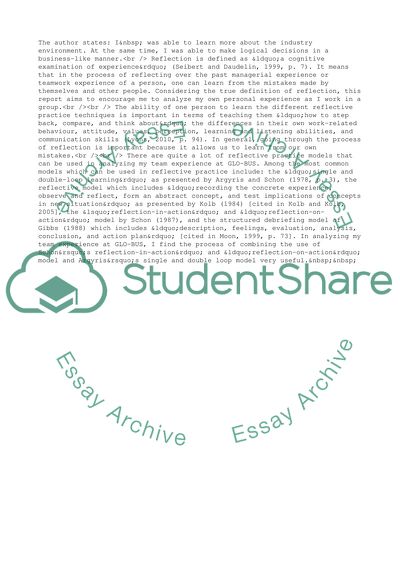Cite this document
(On Organizational Learning Case Study Example | Topics and Well Written Essays - 2283 words, n.d.)
On Organizational Learning Case Study Example | Topics and Well Written Essays - 2283 words. Retrieved from https://studentshare.org/management/1795762-a-reflective-report
On Organizational Learning Case Study Example | Topics and Well Written Essays - 2283 words. Retrieved from https://studentshare.org/management/1795762-a-reflective-report
(On Organizational Learning Case Study Example | Topics and Well Written Essays - 2283 Words)
On Organizational Learning Case Study Example | Topics and Well Written Essays - 2283 Words. https://studentshare.org/management/1795762-a-reflective-report.
On Organizational Learning Case Study Example | Topics and Well Written Essays - 2283 Words. https://studentshare.org/management/1795762-a-reflective-report.
“On Organizational Learning Case Study Example | Topics and Well Written Essays - 2283 Words”, n.d. https://studentshare.org/management/1795762-a-reflective-report.


